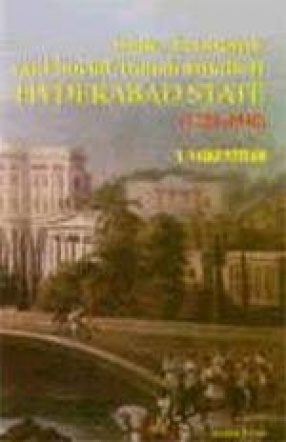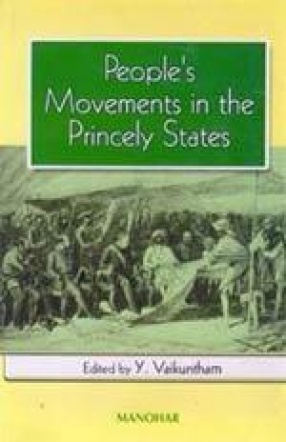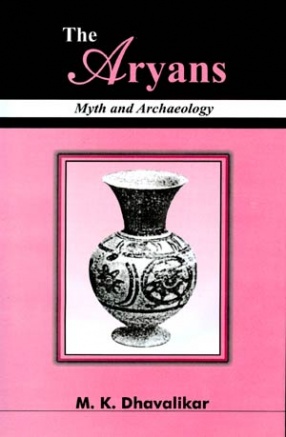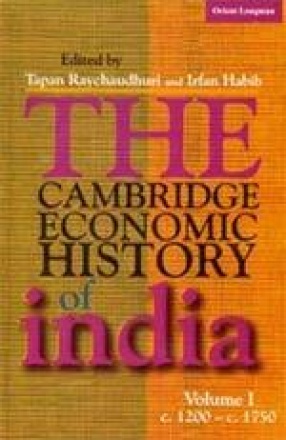State, Economy and Social Transformation: Hyderabad State (1724-1948)
The fall of Mughal imperial power and the rise of new regional powers along with the entry of Europeans as economic and political power in the eighteenth century heralded a new phase in the history of India. Asaf Jahi rule over Deccan with Hyderabad as capital was established in the eighteenth century. Hyderabad State was rich in human and natural resources and had all the requirements of a strong State. But it was predominantly feudal and autocratic and witnessed a stagnated and stunted growth. It was not administered properly both in economic and state craft. Growth of feudal institutions, lack of industrialization, trade and commerce kept the State economically backward compared to the Princely States of Mysore and Baroda or even British India. Attempts were made to transform its socio-economic institutions from the middle of the nineteenth century but the nature of the State and its society could not permit a radical departure from tradition. In this book, it is argued that economy suffered, feudal institutions continued, and therefore, the State could neither undergo rapid economic changes nor progress as a modern State. The impact of the indirect rule and the colonial policies affected the Hyderabad State in many fronts including economy. Further it is argued that the pre-capitalist subsistence agriculture, non-mechanized domestic industries, and lack of dynamic commercial activity were the dominant features of its economy. The prevalence of feudal institutions, land concentration, social inequalities and exploitation had a lot of bearing on socio-economic transformation and they were primarily responsible for its backwardness. The study reveals that ‘extra-economic compulsions’, and failure of the State to transform itself and the State developed unevenly.
Get it now and save 10%
BECOME A MEMBER










Bibliographic information
Tags